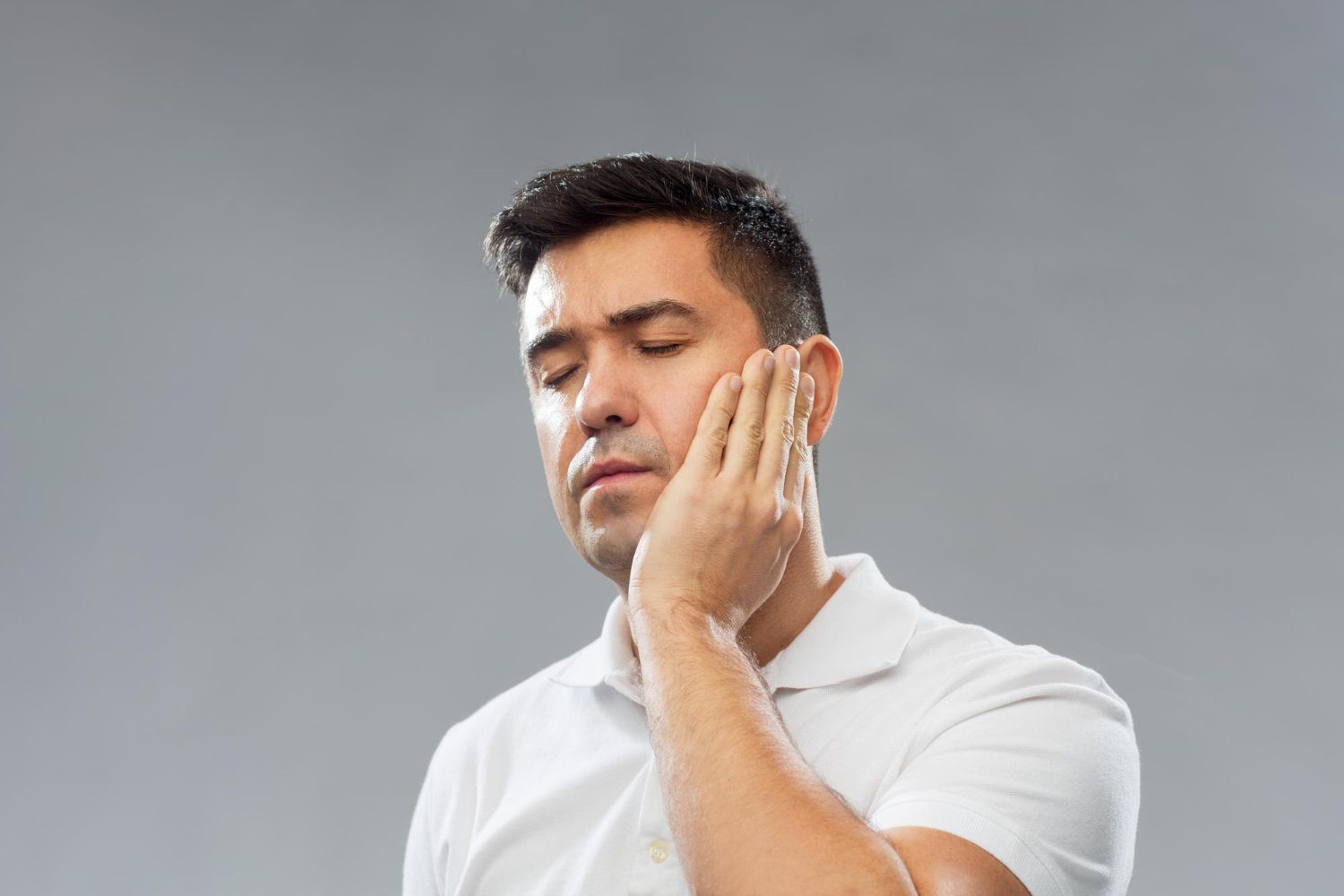The Significance of Exercise in Managing Sleep Apnea and TMJ Disorders

At CSAT Meridian - The Center For Sleep Apnea and TMJ, we are passionate about providing comprehensive care for individuals struggling with sleep apnea, snoring, TMJ disorders, and head and facial pain. We believe that a holistic approach is key to managing these conditions, emphasizing medical interventions, lifestyle adjustments, and a focus on overall well-being.
One crucial aspect of achieving and maintaining a healthier life, particularly for those living with sleep apnea and TMJ disorders, is embracing the power of exercise.
Regular physical activity boasts numerous health benefits, such as improving cardiovascular health, managing weight, reducing stress, and promoting better sleep. For individuals suffering from sleep apnea or TMJ disorders, incorporating exercise as part of their treatment plan can significantly enhance symptom management, improve sleep quality, and boost overall well-being.
In fact, research has demonstrated that exercise can be as effective as some traditional sleep apnea treatments, such as continuous positive airway pressure (CPAP) therapy, when implemented under the guidance of a healthcare professional.
In this educational blog post, we will explore the connection between exercise and symptom management for sleep apnea and TMJ disorder patients. We will also provide practical tips for incorporating physical activity into your daily routine to support your treatment plan and promote optimal health.
At CSAT Meridian - The Center For Sleep Apnea and TMJ, we are committed to helping our patients take control of their symptoms and lead healthier, more fulfilling lives through education, empowerment, and customized care.
Exploring the Benefits of Exercise for Sleep Apnea and TMJ Disorder Patients
Engaging in regular physical activity offers numerous advantages for individuals living with sleep apnea or TMJ disorders. Let's delve into some of the key benefits exercise can provide:
Improved Sleep Quality
Exercise can significantly enhance sleep quality for both sleep apnea and TMJ disorder patients. Physical activity promotes the production of brain chemicals responsible for inducing a calm, relaxed state, facilitating the transition to sleep. Additionally, exercise can help to regulate the body's natural sleep-wake cycle, or circadian rhythm, which contributes to more restorative, consolidated sleep.
Weight Management
Obesity is a common risk factor for sleep apnea, as excess weight can contribute to airway obstruction, particularly around the neck and upper airway. By incorporating exercise into their daily routine, sleep apnea patients can better manage their weight, reducing the severity of their symptoms, and in some cases, even alleviating the condition.
For TMJ disorder patients, maintaining a healthy weight can help to reduce joint stress and inflammation, providing some relief from pain and discomfort.
Reduced Inflammation
Chronic inflammation has been linked to both sleep apnea and TMJ disorders. Engaging in regular physical activity can promote the body's natural anti-inflammatory response, which may result in reduced inflammation levels and improved symptom management.
Stress Relief
Stress is known to exacerbate various health conditions, including sleep apnea and TMJ disorders. Exercise is a natural stress-reliever, stimulating the production of endorphins, the body's "feel-good" neurotransmitters. By regularly participating in physical activity, individuals with sleep apnea or TMJ disorders may experience improved mood, reduced stress levels, and better overall well-being.
Building an Exercise Routine that Supports Sleep Apnea and TMJ Disorder Management
Creating a sustainable exercise routine that fosters symptom management and overall health for sleep apnea and TMJ disorder patients involves selecting suitable activities, establishing consistency, and ensuring safety. Here are some practical tips to consider when incorporating physical activity into your treatment plan:
Choose Low-Impact, Enjoyable Activities
Picking low-impact, enjoyable exercises can help reduce the likelihood of joint strain and injury for TMJ disorder patients while also supporting effective symptom management for sleep apnea sufferers. Some ideal activities include walking, swimming, cycling, and yoga.
Incorporate Aerobic and Resistance Training
A balanced exercise plan should feature both cardiovascular (aerobic) and resistance (strength) training. Aerobic exercises elevate the heart rate, improving circulation and oxygenation, while resistance training helps build and tone muscle, supporting joint stability and function.
Aim for Consistency
Consistency is crucial when adopting an exercise routine to manage sleep apnea or TMJ disorder symptoms. Aim for at least 150 minutes of moderate-intensity aerobic exercise per week, incorporating strength training two to three times weekly. To further enhance sleep, try to engage in physical activity earlier in the day or at least 3 hours before bedtime.
Collaborate with a Healthcare Professional
Before beginning a new exercise regimen, consult your healthcare provider or a qualified exercise professional to ensure your activities align with your specific needs and goals. They can also provide guidance on proper form, pacing, and progression to minimize the risk of injury.
The Role of Exercise in a Comprehensive Sleep Apnea and TMJ Disorder Treatment Plan
Exercise alone may not be sufficient to treat sleep apnea or TMJ disorders, but when implemented as part of a comprehensive, personalized plan, it can play a significant role in improving symptom management and overall well-being. At CSAT Meridian - The Center For Sleep Apnea and TMJ, our team is dedicated to helping patients implement effective lifestyle adjustments, including physical activity, that complement medical interventions and support lasting relief from symptoms.
Conclusion
Embracing regular exercise is a vital component of successful sleep apnea and TMJ disorder management, contributing to improved sleep quality, weight management, reduced inflammation, and stress relief. By collaborating with your healthcare provider and incorporating exercise into your daily routine, you can take an active role in addressing your symptoms and promoting optimal health.
Don't let TMJ disorders control your life any longer! Take the first step towards a healthier, happier life with the
TMJ specialist in Boise at CSAT Meridian - The Center For Sleep Apnea and TMJ. Our team of experts are dedicated to providing you with comprehensive care, personalized treatment plans, and ongoing support to help you manage your TMJ disorder effectively. Contact us today to schedule a consultation and start your journey towards a healthier, happier life!










